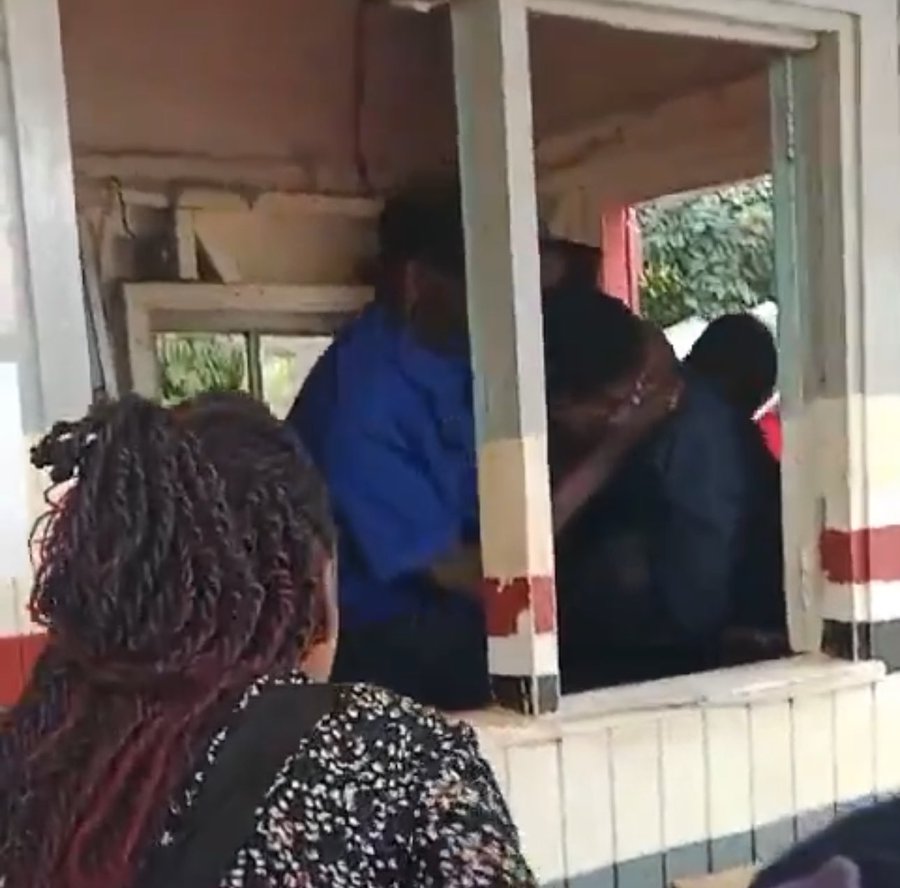A distressing incident unfolded at Kiambu National Polytechnic when soldiers harassed a student who refused to show his ID card. The altercation, which quickly drew the attention of bystanders, highlights growing concerns over the use of military personnel in civilian affairs and the potential for abuse of power. Eyewitnesses reported that the student, who appeared to be heading to class, was stopped by the soldiers and asked to produce identification. When he hesitated and questioned their authority, the situation escalated rapidly.
Videos of the confrontation, which soon went viral on social media, show the soldiers surrounding the student, their demands growing increasingly aggressive. The student, visibly shaken, stood his ground, insisting on his right to privacy and questioning the necessity of such scrutiny in an educational setting. The tension reached a peak when one of the soldiers forcibly attempted to search the student’s bag, prompting cries of outrage from fellow students and passersby who gathered to witness the incident.
The incident has sparked a wave of criticism and calls for accountability from various quarters. Student organizations and human rights activists condemned the soldiers’ actions, labeling them as an abuse of power and a violation of the student’s rights. “This is unacceptable behavior in a democratic society,” stated a representative from the Kenya National Students Union. “Students should feel safe and respected within their learning environments, not intimidated by those who are supposed to protect them.”
In response to the public outcry, the administration of Kiambu National Polytechnic issued a statement expressing deep concern over the incident and promising a thorough investigation. They assured students and staff that measures would be taken to prevent such occurrences in the future. “We are committed to ensuring the safety and dignity of our students,” the statement read. “Any actions that undermine this commitment will be addressed with the utmost seriousness.”
The Ministry of Defence also weighed in, announcing that they would review the conduct of the soldiers involved. “We take these allegations seriously and will not tolerate any behavior that disrespects the rights of our citizens,” a spokesperson said. This pledge, however, has been met with skepticism by some who demand more concrete actions and assurances of accountability.
As the investigation unfolds, the incident at Kiambu National Polytechnic serves as a stark reminder of the delicate balance between security measures and civil liberties. It has ignited a broader debate about the presence of military forces in civilian spaces and the protocols governing their interactions with the public. For many, it is a call to reassess and reinforce the principles of respect and dignity in all spheres of public life.


